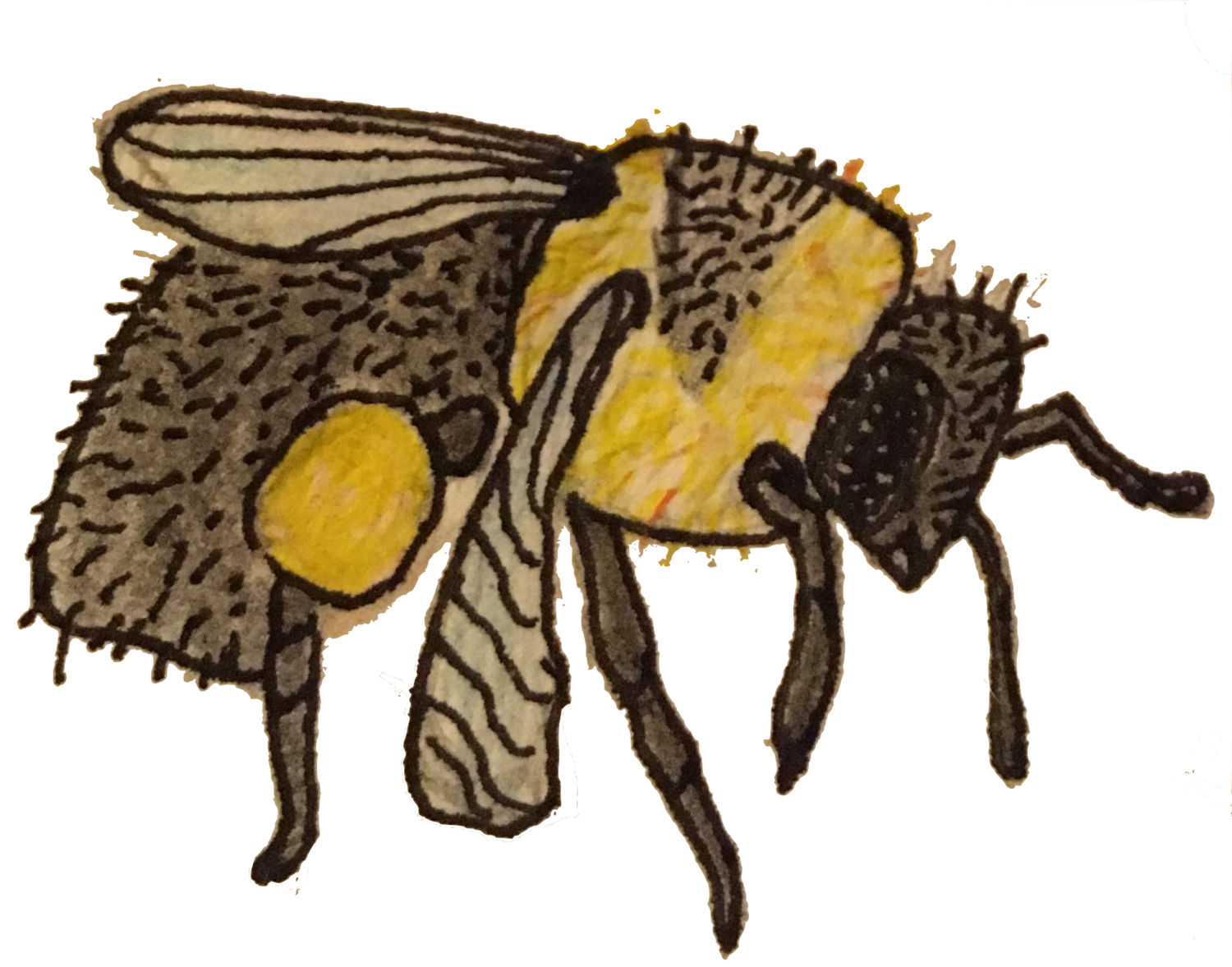Master of Science, 2019
Utrecht, Netherlands
Discipline: Science Education and Communication, Research and Development track
Self-organised concentrations in informal learning environments, sustainable curriculum development, and informal educator professional development.
completed course work in:
Research Methods, Ecology of Natural Resources, Investigative Journalism, Public Science Communication, Designing Science Education and Communication, History and Philosophy of Science for SEC, Innovation and Dissemination: Change in Science Education, Professional Skills and Identity, and internships in Product Development and School Education.
active member in:
Young Innovators Honours Program 2017-2018, Utrecht University
Collaborated with a case study group to develop personal leadership and social innovation skills through Design Thinking, focusing on shared responsibility and co-creation in sustainable communities. Received 15 ects.
Master’s research project:
Cultivating digital roots: A case study in the co-creation of a digital garden tool prototype.
Nature and Environmental Education Program, Municipality of Amsterdam
Supervisors: dr. A. Bakker (UU), R. van Lohuizen (Municipality of Amsterdam)
Abstract:
This case study explores the design and development of a co-created digital garden tool prototype with a Teacher Design Team (Binkhorst, et al., 2011) of garden educators from the Natuur en Milieu Educatie Programma of the Gemeente Amsterdam. The design research project sought to document the process of creating a garden app prototype, functioning as a boundary object (Starr, 2010), with the goal of better addressing the various perceptions of discontinuity (Bronkhorst & Akkerman, 2016) across the NME Program operation and management, home, and school environments.
Using Design Thinking principles and an outcome-based, novel approach, weaving together professional development and curriculum reform, the project team co-collaborated in the design of an app prototype that was tested with a pilot group, resulting in a layered understanding of the main research question: how can a digital tool prototype, based on garden themes and content, be developed in co-collaboration with garden educators to promote continuity between garden, school, and home environments?
The research design is then critiqued against the phenomenon of learnification (Biesta, 2013), and ecological principles are discussed in relation to understanding the NME program as an ecosystem, addressing the sub research question oriented on support strategies and infrastructure research needed to conduct similar projects, as well as within other informal education programs.
The following recommendations are made for future research:
If you want to design a collaborative, professional development project, broader consideration for the function in relation to structure-- ecosystem dynamics-- of the garden program should be done in order to have the proper depth perception guiding the research design and execution.
Improving communication across the levels of the NME program in order to better identify the necessary supportive strategies can function like microbial networks, allowing educators to root down so that they can branch out, try new things and feel supported, and feel that they are capable of integrating new types of curriculum tools and strategies.
If you want something to happen on the student group level, you need to have boundary crossing at other levels and support infrastructures across the different layers.
Keywords: informal education, garden education, professional development, curriculum reform, design thinking
Lazy Plants
Final Project for Ecology of Natural Resources
Summary: Educational movie produced for peers concerning specific research issues related to agricultural yields, environmental degradation, and plant growth promoting bacteria as a potential ecologically-friendly solution. Adapted to the Star Wars trilogy theme and structure to drive narrative and contextualisation of deeper ecology-heavy topics.
Role: Responsible for content research, thematic elements, narrative development and video creation and editing.
Meme Science: Bioprinting
Final Project for Public Science Communication
Summary: Short pop-science clip discussing the realities of a popular science topic— bioprinting— and using best practices in Science Communication to dispel mythology around it.
Role: Responsible for creative narrative development and video creation and editing.


